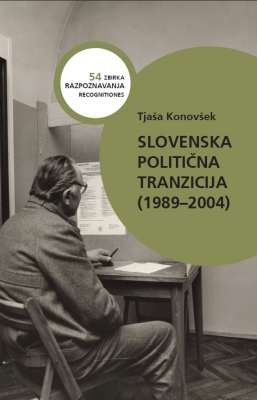Slovenian Political Transition (1989-2004)
Keywords:
Slovenia, political history, 1989-2004Synopsis
The Slovenian political transition represents a multifaceted subject. It began when socialism was declining and gradually collapsing globally, and Yugoslavia was in the throes of an economic and political crisis. The ensuing transition could therefore
be studied from many angles and with different emphases than the ones analysed in this book. The view it encompasses is nevertheless crucial. The book focuses on the level of the Slovenian republic: first as one of the Yugoslav socialist republics; after the dissolution of the federation and independence, as a nation-state that looked towards Europe; and, finally, as a republic
that has once again transferred a part of its rights to a supranational entity, this time the European Union. In this respect, the central transition period is directly linked to the existence of Slovenia as an independent nation-state, a republic in which a certain political culture has developed and a specific political space has been shaped, both of which resulted from the processes, structures, and customs of the socialist era, especially in the initial years of the transition.

Published
Print ISSN
License

This work is licensed under a Creative Commons Attribution-NonCommercial-NoDerivatives 4.0 International License.

